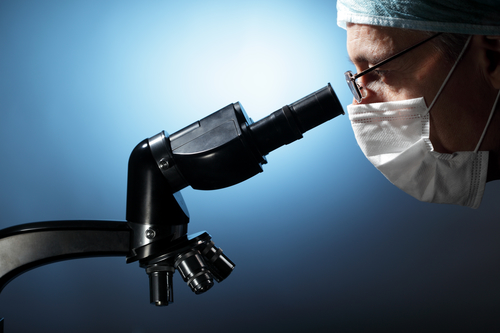Covid particles proliferate in waste water, cure for Long Covid?

As autumn approaches, and with it a possible new wave of Covid, health institute RIVM is monitoring reports ad increase in virus particles in waste water while scientists continue research into a possible cure for Long Covid.
The average number of virus particles in waste water increased by 50% in the last week of July, latest RIVM measurements showed.
In the first half of week 31 (Juli 31 to August 2), the average national tally rose by another 25% but despite this, the number of people who tested positive for Covid 19 at government run centres is currently low, as is the number of hospitalisations.
Around 20 people a day are currently being admitted to hospital with coronavirus, according to the government’s coronavirus dashboard.
Some 4.1 million people have been vaccinated against the virus. Another round of vaccinations for at-risk groups and healthcare workers will take place in the autumn. Almost 60% of the over 60s have been fully vaccinated.
There may also be hope on the horizon for Long Covid sufferers, tens of thousands of whom are still suffering from the aftermath of an infection, with debilitating symptoms ranging from brain fog to dizziness, muscle pain and extreme tiredness.
UMC immunologist René Lutter, who is part of an international research group into the causes of Long Covid, has identified an enzyme which prompts patients’ blood cells to destroy themselves. The enzyme, IDO-2, was found in “crazy amounts” in the heart, lungs and brain of people who died from Covid, Lutter told the Volkskrant.
Subsequent blood tests on Long Covid sufferers also showed the presence of the enzyme, which may be the central driver of the post Covid syndrome, experts have said.
If the enzyme is the cause, Lutter has also found a cure. Lab-based experiments have shown the enzyme can be stopped by an experimental medicine against cancer.
However, to conduct further research on people, Lutter, and his team need the help of six pharmaceutical companies who are making the cancer medicine, which include Bayer, Brystol Meyers Squibbs and a small Dutch company.
They have so far refused to provide the medicine, “probably for commercial reasons”, Lutter said. “But they also have a social responsibility. The number of Long Covid patients is large and we need to investigate any potential treatment,” he said.
Thank you for donating to DutchNews.nl.
We could not provide the Dutch News service, and keep it free of charge, without the generous support of our readers. Your donations allow us to report on issues you tell us matter, and provide you with a summary of the most important Dutch news each day.
Make a donation